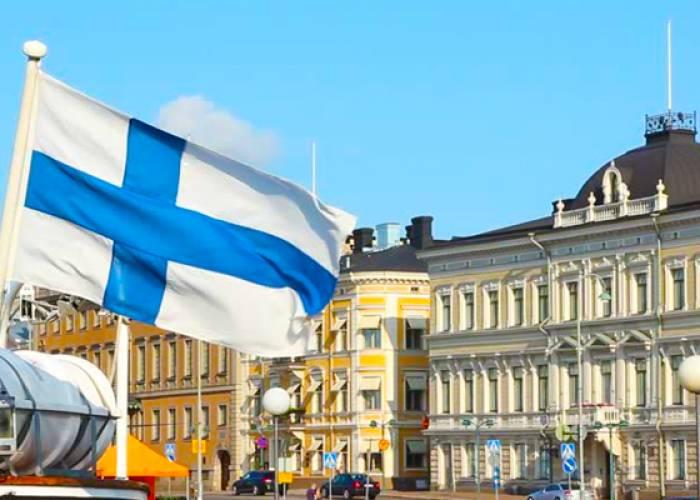
The government coalition in Finland is moving to take a new package of steps to tighten immigration procedures, the most important of which is denying irregular refugees access to free health care, amid human rights criticism and signs of political division.
Conservative Prime Minister Petteri Orpo intends to abolish a law requiring local authorities to provide free basic health care to all immigrants, including illegal ones, according to the “InfoMigrants” website.
This law came into force at the beginning of the year under the former Prime Minister, but the coalition government of Orpo, which includes the far-right Finns Party, wants to stop this law.
The proposal to abolish the health care law is part of a group of proposals designed to make immigration to Finland difficult, the most prominent of which is depriving immigrants of social services and welfare benefits, and contemplating options for deporting illegal immigrants to a third country, if they are unable to return to their homeland.
In return, the mayors of some Finnish cities, including the capital, Helsinki, pledged to keep medical services available to all immigrants. To complicate matters further, the mayor of Helsinki belongs to the same party as the prime minister, which is locally called Kokoomus.
“Even within Kokoomus, there are different views on such issues,” Deputy Mayor Daniel Sazonov told Euronews in a previous interview, adding that his “duty is to serve all Helsinki residents, including illegal immigrants.”
Among the critics of the government’s plans to cut off health care for immigrants is the Finnish Medical Association. “The government’s intention completely contradicts its announcement that it will work resolutely to promote equality and non-discrimination in Finnish society,” said Lauri Vuorenkoski, the association’s health policy advisor.
Those who reject the decision say that Prime Minister Petteri Orpo is just a tool used by the far-right in his coalition government.
The far-right in Finland came in second place for the first time in the parliamentary elections held last April.
The Finnish capital, Helsinki, witnessed the first demonstration in June, in protest against the new Finnish government’s work program, which includes tightening the immigration policy and doubling the period for obtaining Finnish citizenship from four years to eight, as well as canceling the work residence permit if the person remains unemployed for 3 months, among other changes.





